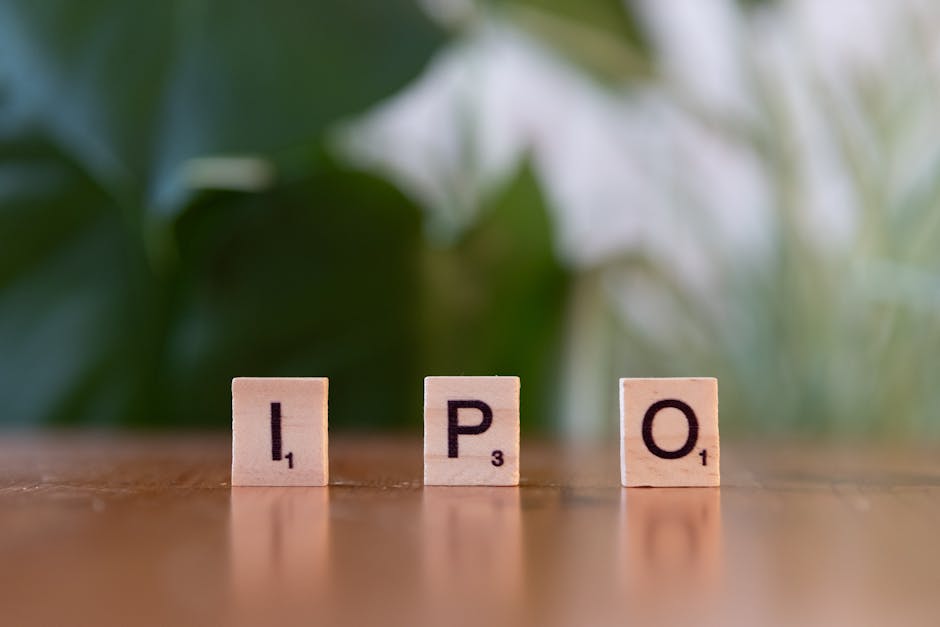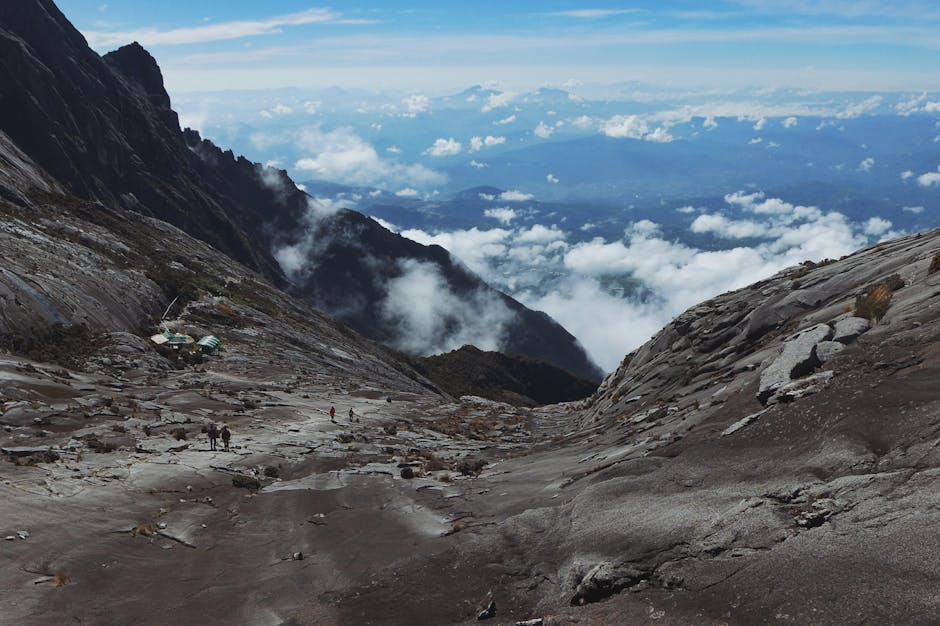2020 Delhi Riots: Shifa-ur-Rehman Challenges UAPA Charges in Supreme Court
Activist Shifa-ur-Rehman has approached the Supreme Court, claiming the UAPA (Unlawful Activities Prevention Act) charges against him in the 2020 Delhi riots case are baseless and politically motivated. He argues that evidence has been “cherry-picked” and that no substantive offence under the stringent anti-terror law is made out.
Background: The 2020 Delhi Riots & UAPA Charges
The February 2020 riots, following protests against the Citizenship Amendment Act (CAA), left over 50 dead and caused massive property damage. Delhi Police accused Rehman and others of a “larger conspiracy” to incite violence, citing his speeches and social media activity.
Rehman, however, maintains his role was limited to peaceful protest and denies involvement in violence.
Key Arguments in Supreme Court
- Selective Use of Evidence – Rehman alleges investigators ignored context, using only parts of his speeches to frame him.
- No UAPA Offence Made Out – His lawyers argue his actions don’t meet the law’s high threshold for inciting violence.
- Political Targeting – The petition hints at possible vendetta for opposing the CAA.
Legal & Human Rights Concerns
The case has reignited debates over UAPA’s misuse against activists and dissenting voices. Critics say the law’s strict bail conditions and vague definitions stifle free speech.
Kapil Sibal, Rehman’s counsel, argued: “Dissent isn’t terrorism. If protest becomes conspiracy, democracy suffers.”
Previous Court Rulings & What’s Next
The Delhi High Court earlier denied Rehman bail, citing serious allegations. Now, the Supreme Court’s decision could set a precedent on UAPA’s application in protest cases.
A ruling in Rehman’s favor may curb arbitrary UAPA use, while an unfavorable verdict could embolden authorities.
Public & Political Reactions
- Opposition: Accuses govt of suppressing dissent.
- Ruling Party: Insists law must act against violence.
Conclusion: A Test for Democracy
This case isn’t just about Rehman—it’s a battle over India’s democratic freedoms. The Supreme Court’s verdict could reshape how dissent and state power are balanced.
Stay updated for further developments.




